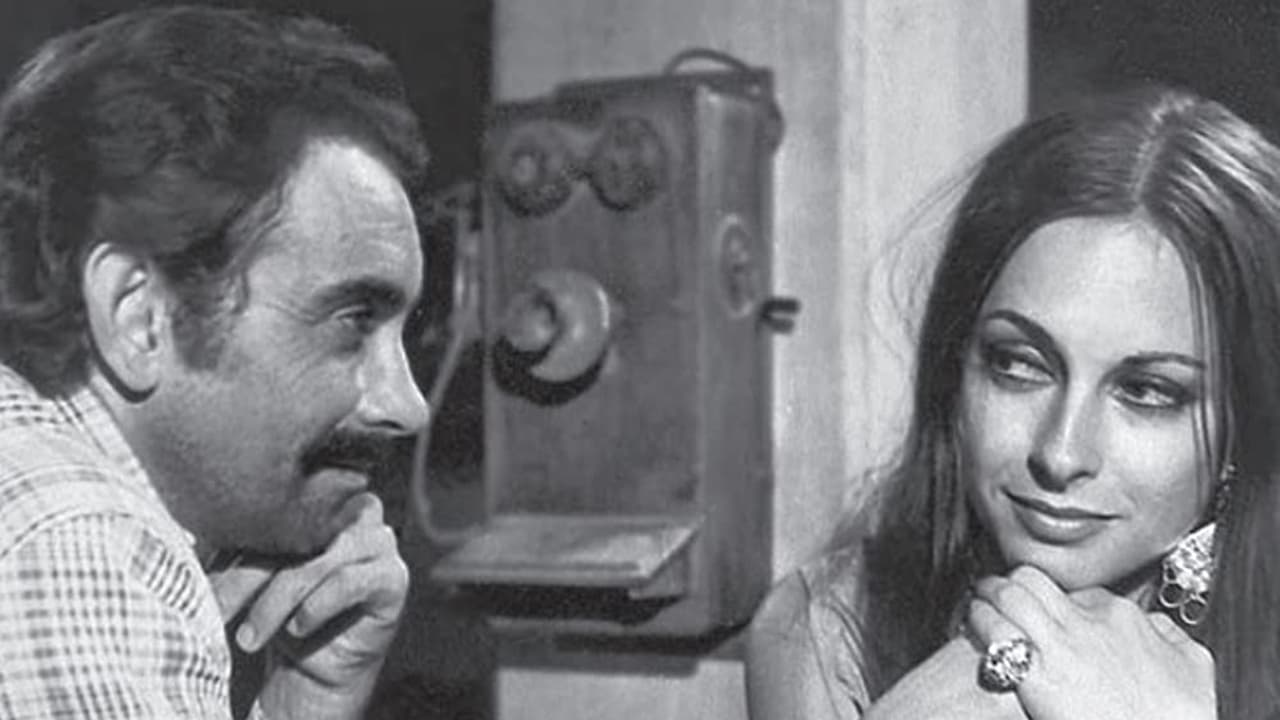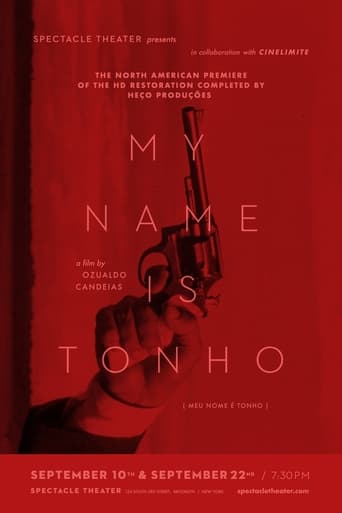

"Meu nome é Tonho" (My name is Tonho) is a Brazilian western with a strong personality. It was not influenced neither by the American westerns nor by the Italian westerns (even if the Italians deconstructed and demythologized the traditional western). Anyway "Meu nome é Tonho" hasn't got the cynicism or humor existent in many Italian westerns."Meu nome é Tonho" - the land is raw and primitive, the women are attractive and sensual (they are treated like cattle – the land is dominated by a ruthless gang), and the men are violent – no pity for the weak. We see the strength of the faces, and the land is there, but the function of the landscape is to shelter the people. And Tonho is, so to say, the hero of the film, or maybe just the main character. Anyway he's not a hero in the traditional sense – He's not an idealist or cynical, Tonho is just a common man. He will fight against a gang (the same gang that spreads terror through the land), but he is not fighting for justice - this gang gave a raw deal to the wrong man, a man called Tonho.Tonho's story runs like this. His family was killed when he was just a boy. After roaming around, Tonho is taken in by the gypsies. When he is grown up Tonho leaves the gypsies and goes out into the world (This is just the beginning of the film)."Meu nome é Tonho" is a black and white film. It has a perceptive camera moving around focusing on faces, the cart's wheels, the belfries of the church, the small rustic village, the land, and following the riders storming through the dirt road etc.. It's a very realistic film in what concerns land and people. It's today labeled as a marginal film, but it definitely tells a story, and the storytelling is far from traditional."Meu nome é Tonho" is an interesting film and recently it was re-released in Brazil in a new, restored copy with English subtitles. Recommended for those looking for something different, original.
... View More